In news that is not exactly new, Vancouver has once again made the list as one of the most expensive cities in the world. Along with Hong Kong and Sydney, Australia, Vancouver had the highest median prices for houses of any urban centre, according to Demographia’s 2024 international housing affordability report.
One of the latest local creative responses to Vancouver’s housing conundrum is The Eviction, a comedic, locally produced seven-part web series from writer/director Julie Bruns and co-director/co-producer Steven Kammerer. Racking up just over 98,000 views on YouTube, The Eviction sketches out the scale of the issue and follows a couple forced to fight for their home when their rental apartment goes on the market.
Anyone who has lived in Vancouver either has been through an eviction themselves or knows someone who has. To the credit of the series creators and the largely hometown film crew, the production daylights something new.
The premise is simple. Somewhere in East Vancouver, Anne (played by Bruns) and her partner Phoebe (Chelsey Moore) have made a home for themselves in a ground-floor apartment in a nondescript building. It might be a modest little place, but, as Phoebe explains, it’s home. Although the couple would like to start a family, at present they’re just getting by. This fragile existence comes to a screeching halt when their creepy landlord posts an eviction notice to their door.
Taking a cursory look at available rentals in the city, the pair realize that they’ve been priced out of town. With precious few options other than living with six roommates or moving to Abbotsford (and even that’s not cheap anymore), they’re forced to get creative.
Like an extended conceit from I Love Lucy or maybe Step Brothers, the couple comes up with a plan to make their apartment as undesirable as possible to the prospective buyers lined up to purchase the place. They place a little faux black mould here, a few distracting odours there. And with a well-timed appearance from a friend role-playing as a neighbourhood weirdo, their plan appears to be working.
Vancouver being the real-estate-crazed town that it is, however, none of these measures prove sufficient to scare off would-be buyers. Phoebe and Anne are forced to escalate their action, but will it be enough to take their apartment off the market?
The Eviction follows a long line of local work that strives to make sense of why Vancouver can feel like such an impossible place to live. The number of essays and op-eds from folk decrying the state of housing and money in this city is legion.
I’ve written my fair share; after all, I have lived in Vancouver since 1986, and over that period I have watched housing prices vaulting ever upwards in an increasingly steep line.
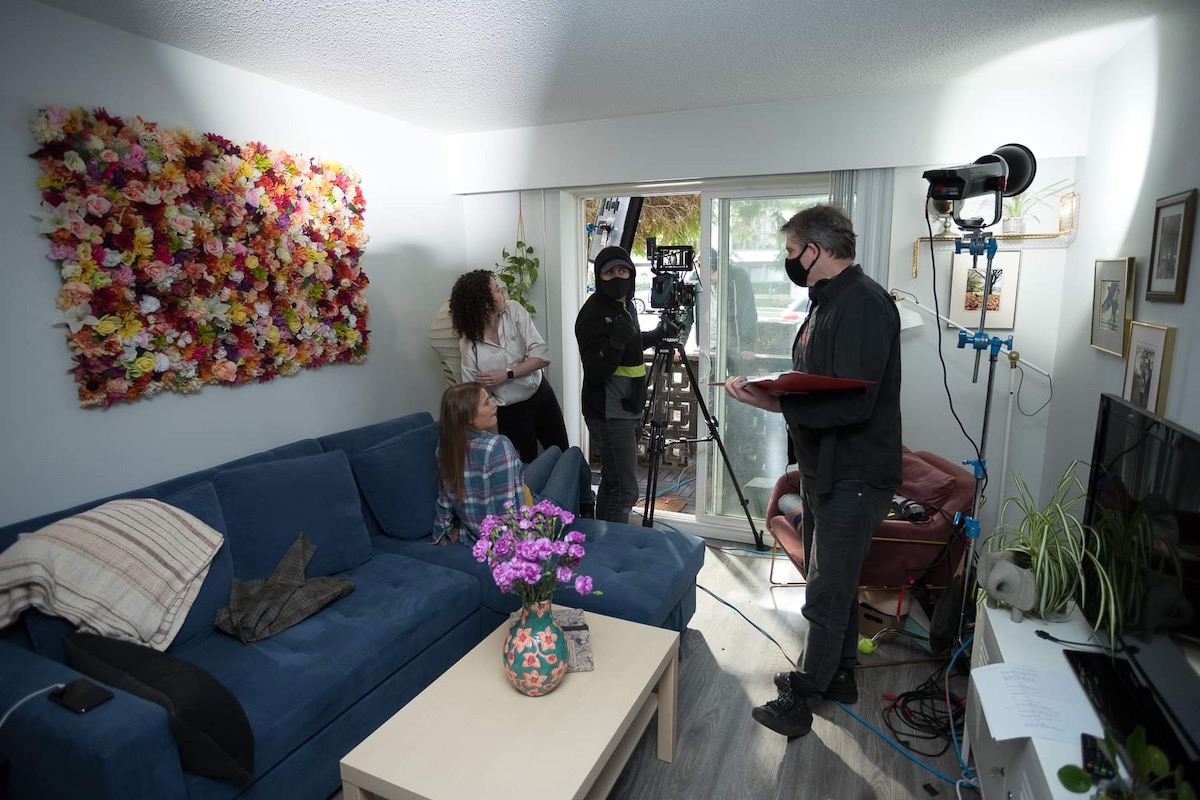
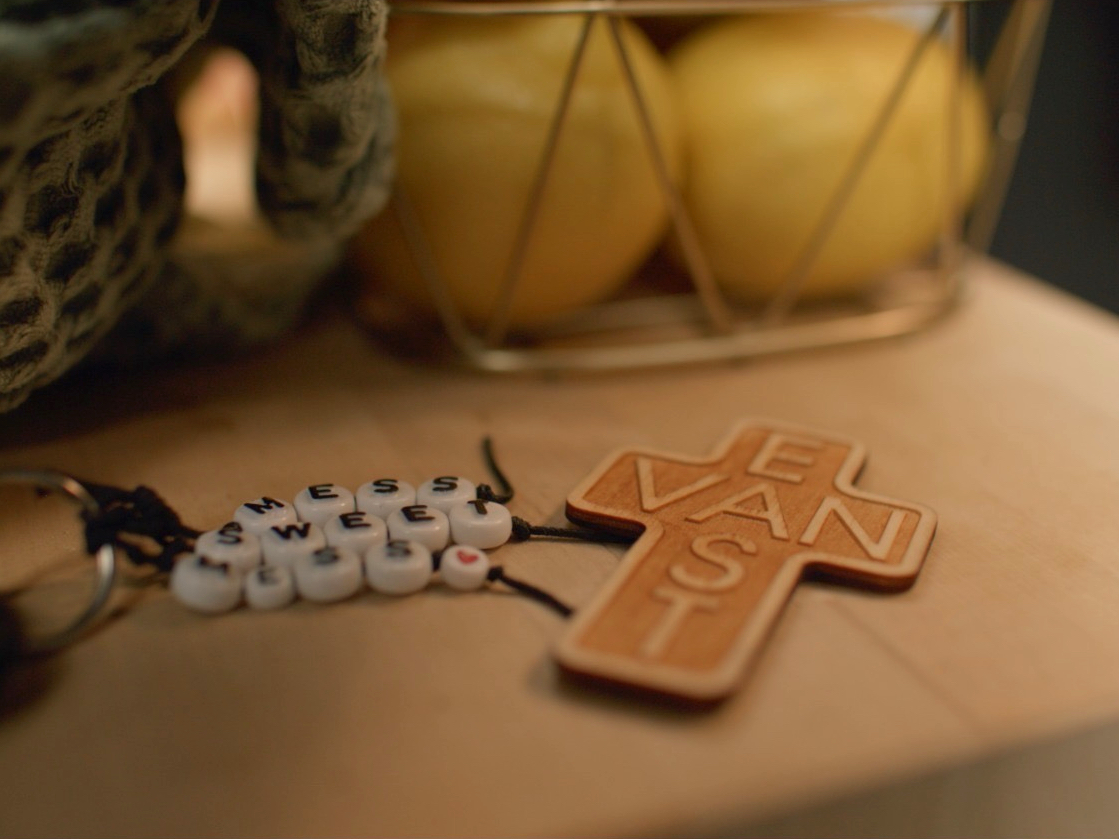
The Eviction is clearly striking a nerve. It was recently nominated for a Leo Award for Best Web Series and Best Performance and was picked by the Reel Women’s Network for American release.
The Tyee recently spoke with the series’ creators. This interview has been edited for length and clarity.
The Tyee: Most people who have lived in Vancouver either have endured the scenario depicted in The Eviction themselves or know someone who has. I was curious about your own history living and working here. Did the idea for the show originate from personal experience?
Julie Bruns: The show was definitely inspired by personal experience. From repeated illegal rent raises, to lack of maintenance, to being given improper notice, it feels rare in Vancouver to hear about someone in a rental situation where everything is truly as it should be.
It’s also a tough situation to figure out how to counter less-than-ideal situations, because the other option is finding another place to rent. In these times where rent has been surging higher and higher, moving feels off the table, unless it’s to leave Vancouver, the city we love and where our lives and careers are rooted.
As much as there are rules set out for rentals, there are big loopholes that can be exploited. B.C. has the highest no-fault eviction rate in Canada, and since the province has started cracking down on “renovictions,” suddenly “family use” of rental units has surged. It seems like a bit of a stretch to be just coincidence.
Steven Kammerer: A lot of those details made it into the show, in Phoebe and Anne’s dialogue, as well as in the final episode. It also comes up in the newscaster voice-over bits about Canada’s housing market — it was funny, because viewers commented on how those clips sounded far too real. And, in fact, each of those lines was inspired by actual news.
In the press material, it’s mentioned that the 41-person cast and crew contributed to the project partly because of their own experiences. Did people have some horror stories to contribute?
Bruns: A large part of the seed that inspired the story was the eviction of one of the fellow filmmakers on the project. But there were an alarming number of stories once we put together the crew. A couple of team members actually went through evictions as we were working on finishing the series in post-production. It’s just a frustratingly common occurrence these days.
Have you ever resorted to any out-of-the-box strategies to find affordable housing in Vancouver?
Bruns: I’m such a rule follower — quite unlike my character Anne. I wish I was a bit better at trying out-of-the-box strategies.
I definitely went through the phase of renting someone’s condo solarium to be able to afford housing. It just barely fit a single mattress in there; it was not a good look.
And I did go look at a “second bedroom” once that ended up being someone’s boiler room — that got a reference in the show.
Every now and again, the idea of trying to rent a big house with a few friends has come up. But as you get older, those ideas just seem less and less tenable.
Given the ending of the series, did you want to keep things realistic about the options available to folks in the city?
Bruns: A big part of what makes a story relatable, I’ve found, is the specificity. We really wanted to capture a snapshot of what it is to be trapped in the squeeze of the Vancouver housing situation, but the issues that Phoebe and Anne are dealing with are universal in so many big cities. We included subtle references to Toronto in a few spots as well, because the same thing is happening there.
And for the ending, I absolutely knew it couldn’t be a happy ending, because that’s just not realistic right now.
I wanted the characters to find some closure, some little ray of hope to keep going — because that’s what we all look for — but I wanted big sacrifices to show as they try to forge the rocky road ahead.
Honestly, I’d love to expand the series into a second season, detailing the deep frustrations around trying to find a new place.
Were you surprised at the reaction to the series? There are close to 100,000 views on YouTube thus far. Do you anticipate more audiences, outside of Vancouver, drawing parallels to their own communities?
Bruns: I think we were simultaneously thrilled, as creators, to have made something that connected to so many people, but also depressed, as humans, because of why they were able to relate to it.
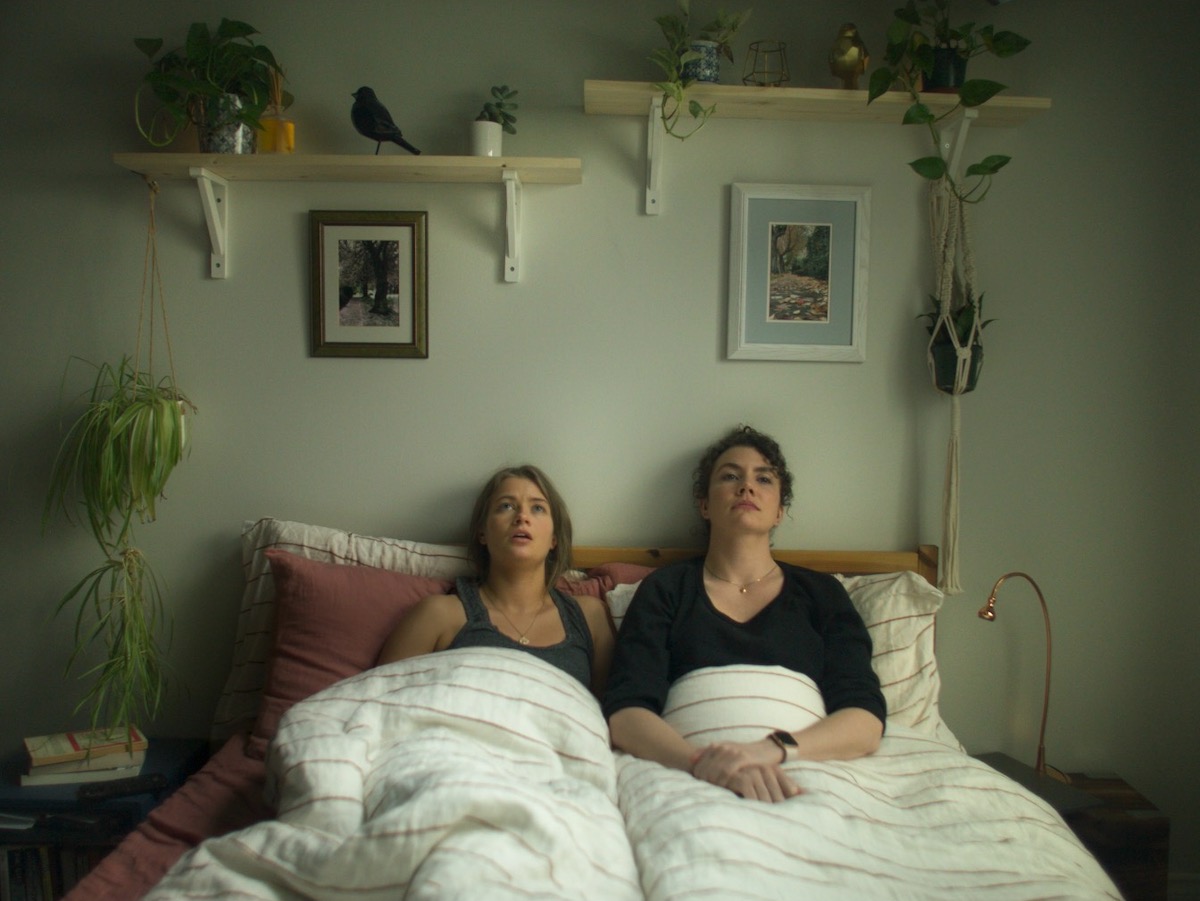
Kammerer: We certainly hope that more audiences find it. We hope that it helps promote wider conversations. And perhaps it’ll offer some small bit of solace and camaraderie, in a gallows-humour sort of way, to all those experiencing this hardship and housing uncertainty.
With your experience in co-creating the series, do you have any ideas for potential solutions to the issue of housing?
Bruns: It’s a big problem, and I can’t say I’m the best person to offer the solutions. There’s certainly been ideas proposed, like linking rent increase rates to the rental unit itself, rather than to individual renters, that would take away the temptation to try to evict renters to raise rent. Also, housing has been treated as an investment in a lot of ways, but at the end of the day, housing still needs to do what it was supposed to do: house people. Right now, it’s feeling very disconnected from that.
Kammerer: Canada hasn’t put forward serious housing development initiatives since the 1970s, and I think we’re due for a major intervention. I just can’t see the situation changing, otherwise. We’ll continue to watch the hollowing-out of the core of our city.
In spite of its extreme lack of affordability, Vancouver is still home to a vibrant cultural community. How do you foresee this changing as the city becomes more inaccessible and unaffordable?
Bruns: I think it’s already changing in big ways. We’ve seen a lot of friends, especially in the arts, either moving away or moving far outside of the city. Those left end up spending so much time just trying to survive that things like creating art, spending time in their communities, taking the time to live and enjoy life — those bigger cultural things are already suffering.
Kammerer: I think we made a comedy about the housing situation because it’s so bleak to face it as a straight drama. It’s heartbreaking to feel like the city’s losing its soul in one long, exhausted shared story.
‘The Eviction’ web series is streaming on YouTube. ![]()
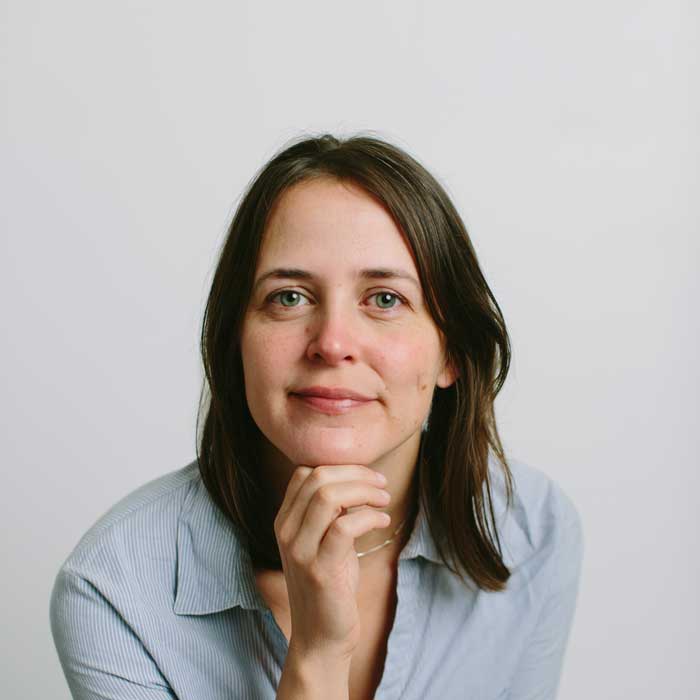

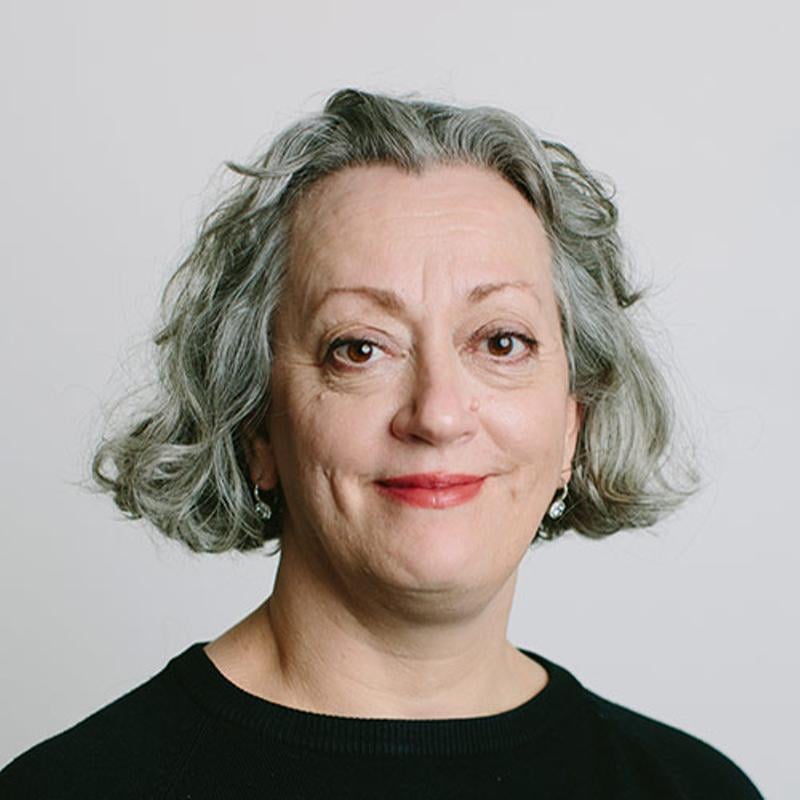

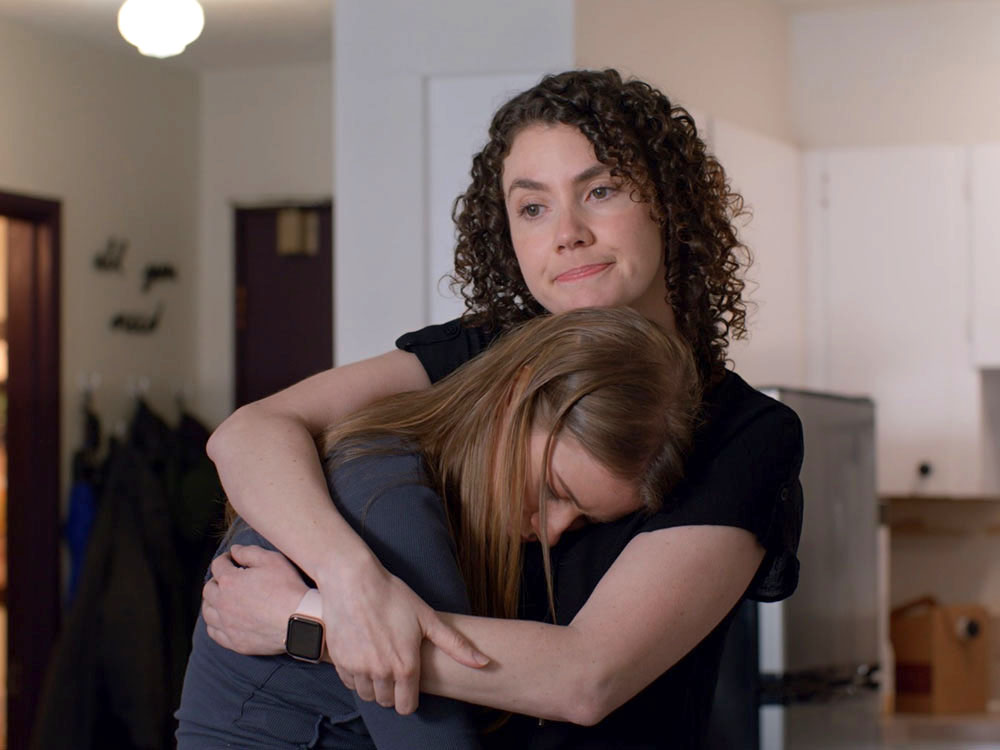
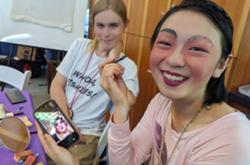
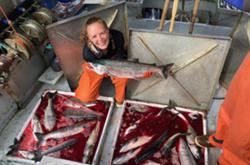

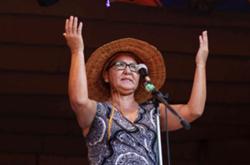
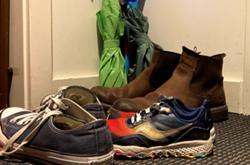
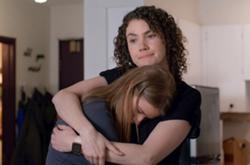

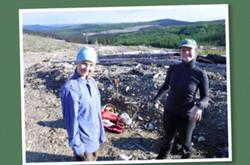

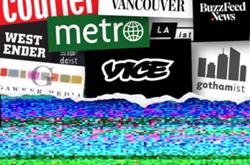


Tyee Commenting Guidelines
Comments that violate guidelines risk being deleted, and violations may result in a temporary or permanent user ban. Maintain the spirit of good conversation to stay in the discussion and be patient with moderators. Comments are reviewed regularly but not in real time.
Do:
Do not: